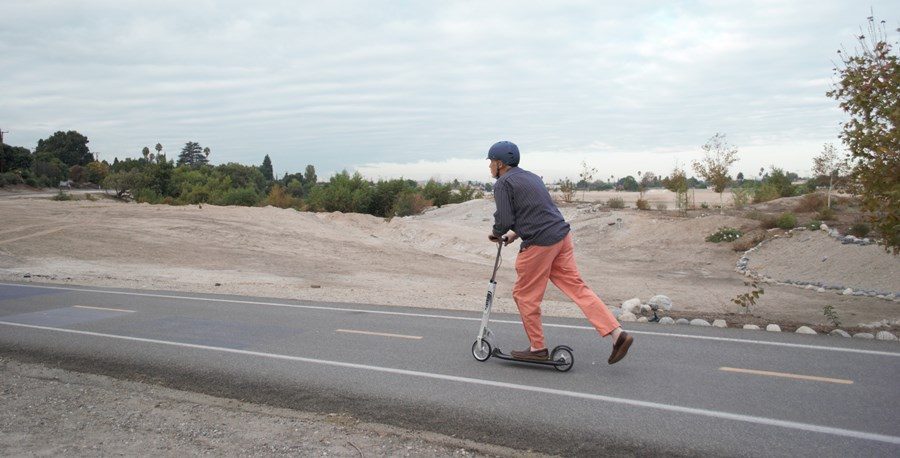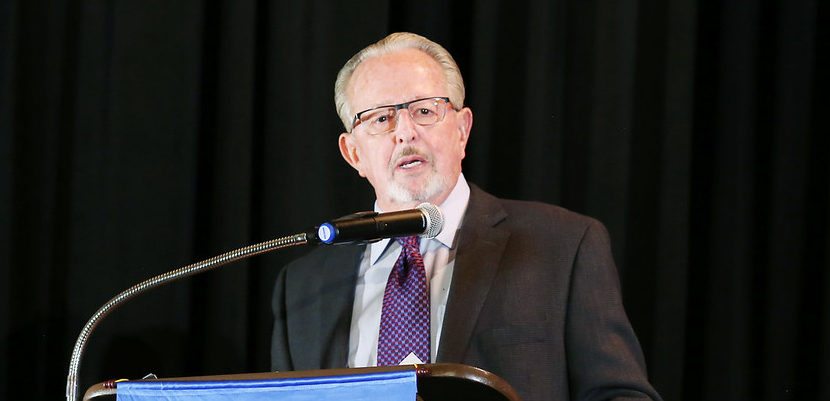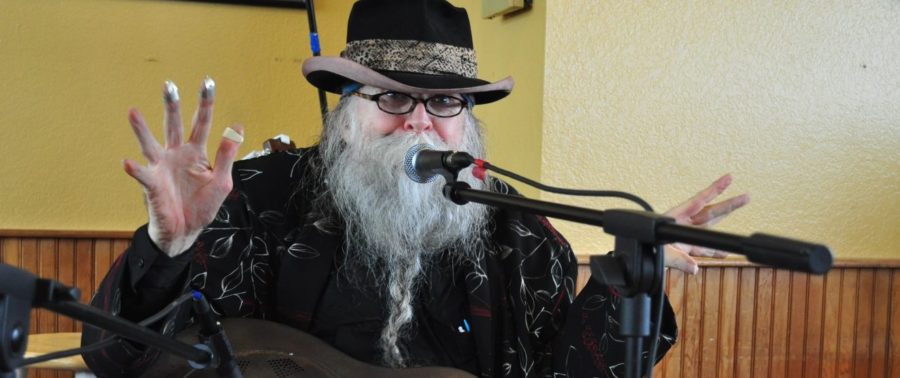
Medical marijuana deliveries to be permitted
By Gus Herrera
Despite California voters’ decision to legalize the recreational use of marijuana last January, the Pasadena City Council has spoken – commercial marijuana activity in the city will be banned for the foreseeable future.
At their latest meeting, council addressed several marijuana-related items in preparation for Jan. 1, 2018, when Proposition 64 (Regulate and Tax Adult Use of Marijuana Act) will allow the sale and taxation of marijuana throughout the state.
Following the new year, the state of California will also begin issuing temporary commercial marijuana business licenses, to be valid for 120 days, according to David Reyes, director of planning and community development.
The city felt the strong need to act before January because without implementing any zoning regulations for marijuana-related activity the state might theoretically be able to issue business licenses for dispensaries seeking to open in Pasadena.
The topic entered city discussions back in October 2016, when the economic development and technology committee (Ed Tech) took a first stab at formulating Pasadena’s possible response to Prop. 64.
The city then held a series of community meetings, followed by various study sessions and public hearings by the planning commission and Ed Tech.
In the end, the final verdict brought before council recommended that personal outdoor cultivation and all commercial activities be banned, but marijuana delivery into the city be allowed, according to city staff’s report.
Council was quick to agree that commercial activity be prohibited, until the city learn the “best practices” from other California cities and states such as Colorado and Washington, who led the charge in legalizing recreational cannabis use. City staff expects to have a better idea of how to approach the situation following the conclusion of the state’s 120-day temporary licensing period.

Council Member Andy Wilson feared that allowing recreational deliveries, which simply require a consumer to be over the age of 21, might open the door for kids to acquire marijuana products.
Theresa Fuentes, assistant city attorney, reminded everyone that it would be “virtually impossible” to enforce medical vs. recreational deliveries, but council voted to proceed with the policy stance by a vote of 5-2 (Vice-Mayor John Kennedy and Council Member Margaret McAustin in opposition).
Currently, Pasadena maintains a ban on commercial activity, although a handful of dispensaries continue to operate regardless.
“The businesses operating now are not allowed to operate, we just don’t have the ability to kick them out,” revealed Reyes.
The city has labelled various of these rogue operations as “nuisances” and even attempted to shut down their water and power lines, to no avail.
Reyes hopes that the newly-approved regulations will provide the city with “more teeth” to combat illegal operations. To bolster their chances, council also approved a resolution of intent to ban any current illegal operators from being able to receive permits/licenses in the future.

Council Members Gene Masuda and Steve Madison were adamant in their stances against marijuana.
“Legalization is really bad public policy,” said Madison.
Masuda took things a step further, dubbing the legalization of recreational marijuana as the “second coming” of when “cocaine used to be legal.”
Mayor Terry Tornek held a more open-minded stance, reminding council of the “lessons of prohibition” and admitting that the city might indeed be “swimming against the tide” by upholding its ban on commercial marijuana activity.
The topic will return before council sometime in 2018, once city staff has had enough time to analyze Prop. 64’s consequences and the subsequent actions of other municipalities.
“We will eventually see retail [marijuana] stores in Pasadena … my prediction is, in the long term, we will see these uses develop in Pasadena,” concluded Tornek.






